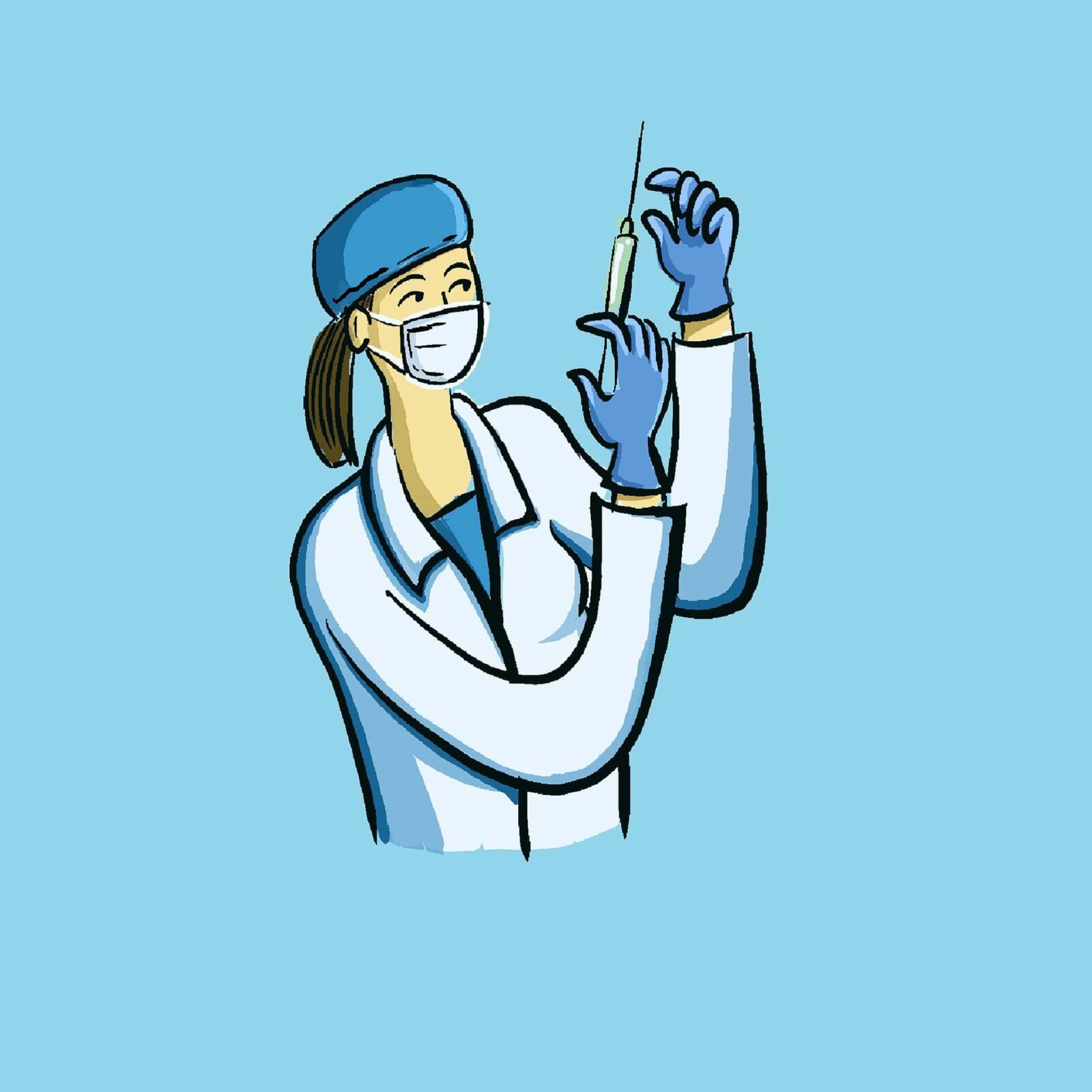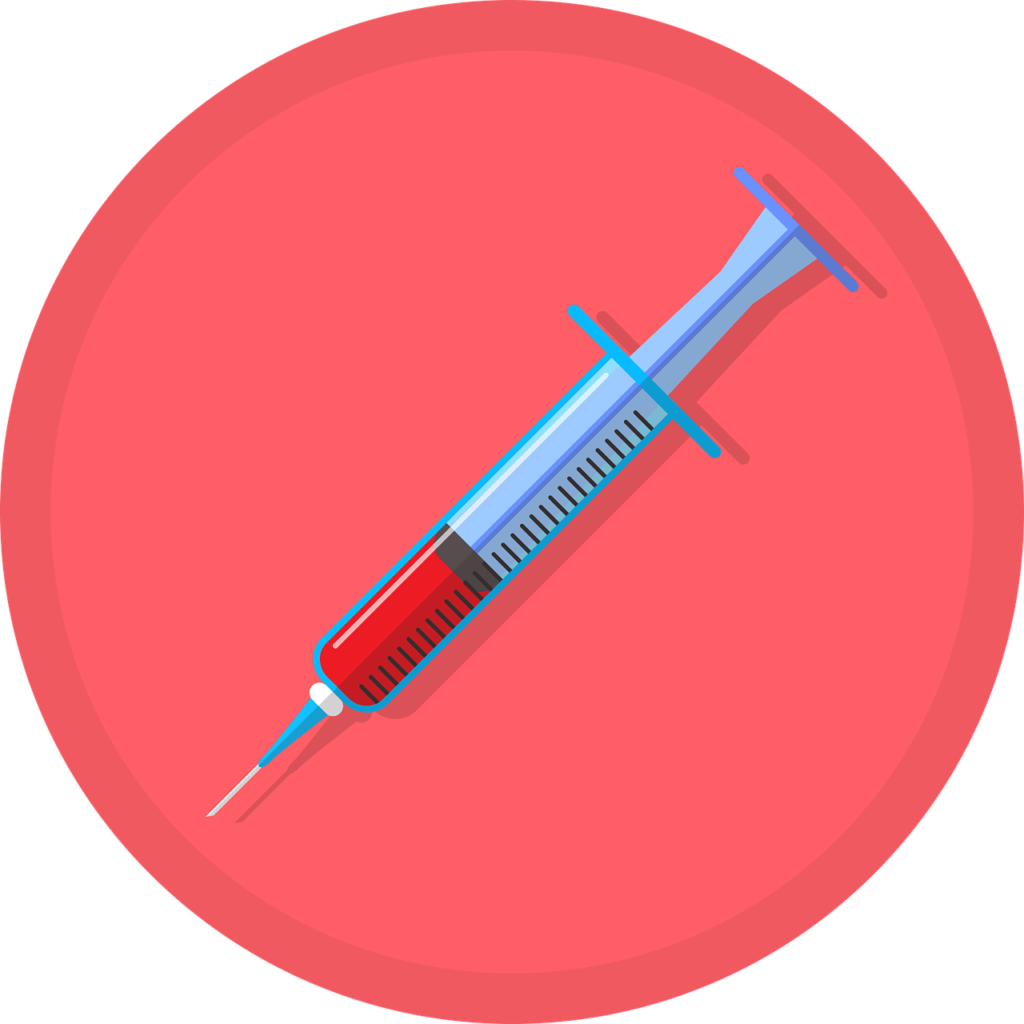
Contents
Pet Vaccinations: Why They’re Important and Which Ones to Get – Introduction

Pet owners are often advised to vaccinate their pets, but what types of vaccinations exist, and which ones should you get? This post will explain the different types of pet vaccines and when they’re most important.
The importance of Vaccinations: https://m.youtube.com/watch?v=64A-ztM20Co&pp=ygU9UGV0IFZhY2NpbmF0aW9uczogV2h5IFRoZXkncmUgSW1wb3J0YW50IGFuZCBXaGljaCBPbmVzIHRvIEdldA%3D%3D
Rabies vaccination
Rabies is a deadly disease that can be transmitted through the bite of an infected animal or by possession. It’s caused by the rabies virus, which infects the nervous system and causes brain inflammation. Once symptoms appear (usually after about three days), it’s too late for treatment—the only thing you can do is go to the hospital and have your head shaved to help prevent the spreading of the disease.
Rabies is rare in dogs because they can fight off infection with their immune systems; however, if you’re bitten by an unknown animal (especially if it has been traveling around), then ensure you vaccinate your pet against this deadly disease!
Feline leukemia vaccines
In addition to the rabies-based vaccines, two other types of feline vaccines are recommended for cats. These include:
Feline leukemia virus (FeLV) and feline infectious peritonitis (FIP).
FIV, or feline immunodeficiency virus. This virus can lead to chronic cat infection and may cause serious illness if not treated early on; it’s also known as “feline AIDS.” The earlier you catch it, the better your cat will respond to treatment; if left untreated long enough, however—especially if he has never had any contact with people before—it could become fatal within months.
Distemper vaccination
Distemper is usually transmitted through contact with infected animals or their secretions. The virus can spread from animal to animal by direct contact or indirectly through contaminated environments such as food or water bowls (which might contain droppings).
There are two types of distemper vaccine: one for dogs and one for cats; both vaccines are given at least three months apart to provide immunity against the disease for up to two years after vaccination becomes effective. If your pet gets vaccinated against distemper before getting protection from another vaccine—for example, if you get them both within six weeks—you may still need boosters every year after this initial shot because they wear off quickly over time.
Doxycycline for fleas
Doxycycline is a tetracycline antibiotic that works by inhibiting bacterial growth. The main uses of doxycycline are in treating bacterial infections and skin conditions. It can also treat heartworm disease (a parasite in the heart), flea infestations, hookworms and roundworms.
If you have an animal with these conditions:
Heartworm disease: If a mosquito has bitten your dog or cat and developed heartworm disease, this medication may help them recover faster from their symptoms. It will work best if started within one month after being infected with the worm, so ask your vet about this when scheduling your appointment!
Fleas: If your pet has recently been exposed to fleas, then taking them off before they infest the home could help prevent further infestation in future visits too!
Parvo vaccination
Parvovirus is a highly contagious disease that can kill puppies and kittens. The virus lives in the intestines of dogs and other animals, including humans. Parvo can be deadly to puppies if they are left untreated or vaccinated after they’re exposed to it.
If your dog has been diagnosed with parvovirus, he should stay away from other dogs until his symptoms have cleared up (usually within 24 hours). You should also keep your pup away from people who might carry the virus—especially young children who may not know how to handle an infected pet!
Check with your vet about specific pet vaccinations.
If you’re unsure about your pet’s vaccines, ask your vet about which ones are needed and how to administer them. The best way to do this is by conversing with your veterinarian. You can also look up the recommended schedule online or in books available at most bookstores and libraries.
If you want to learn more about vaccinations, talk with your veterinarian today!

Conclusion
We hope this article will help you. Thanks for reading!
More Links :
Pet Adoption Process – How to Prepare for Pet Adoption: A Complete Guide in 2023! https://adoptanim.com/pet-adoption-process/
Essential Pet Care Tips for New Pet Owners: https://adoptanim.com/essential-pet-care-tips-for-new-pet-owners/









Leave a Reply